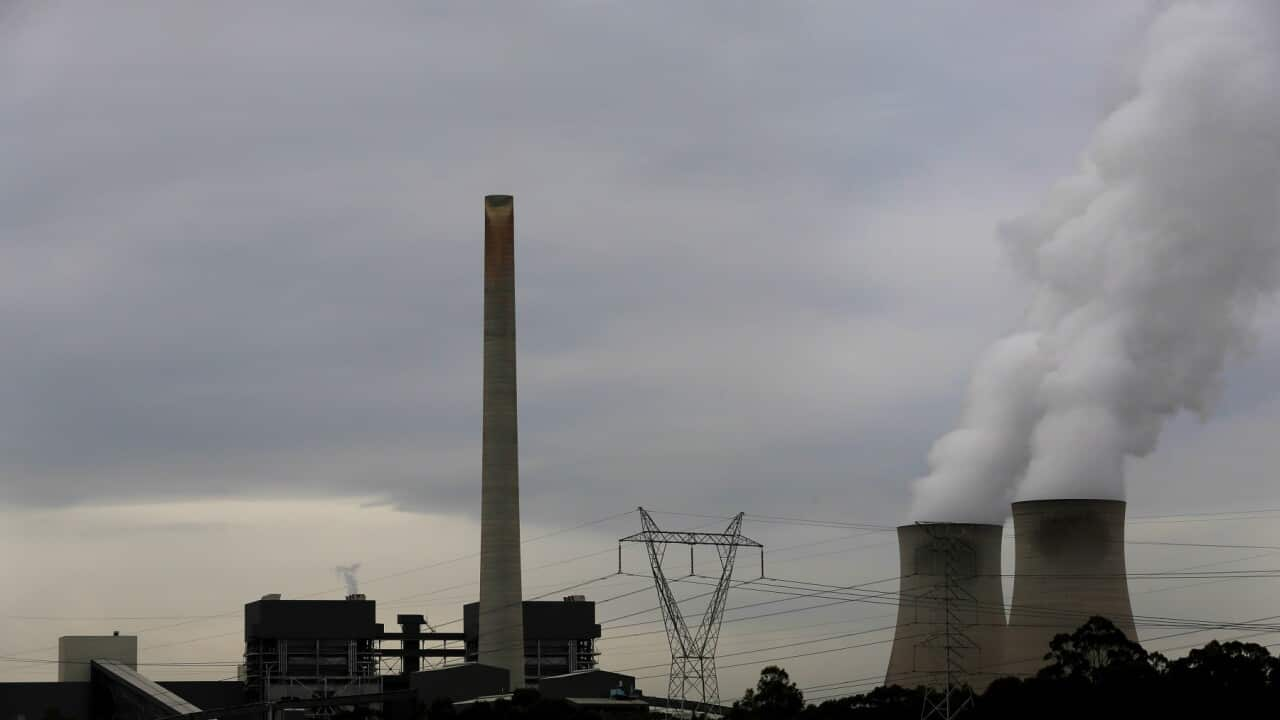TRANSCRIPT
Climate scientists are raising the alarm after new data confirms 2024 as the hottest year on record with greenhouse gas-driven climate change the primary cause.
Six climate agencies including the World Meteorological Organisation [[W-M-O]] and NASA have released their 2024 temperature data, showing the year broke global records and - for the first time - temperatures exceeded 1.5 degrees Celsius above pre-industrial times.
Governments around the world promised under the 2015 Paris Agreement to try to prevent temperatures from surpassing that target by acting urgently on climate change.
NASA Senior Climate Advisor Dr Katherine Calvin says these changes to the climate are having severe impacts on people and ecosystems around the world.
"2024 was the hottest year on record. It was about 2.3°F above the 1951 to 1980 average. And collectively, the last ten years have been the warmest since modern record keeping began. We're not just seeing changes in global average temperature, we're seeing impacts to people and ecosystems all around the world. So, in coastal regions, there's sea level rise, it's affecting storm surge and coastal flooding. We're seeing extreme heat events across the country. We see changes in the water cycle, which means more heavy precipitation events. And in some regions, more droughts. And so, the impacts we're experiencing them now, we understand that they will continue to increase in the future with future warming, but what specific impacts you feel depends on where you live.”
The release of the annual temperature reports come as wildfires devastate Southern California, destroying swathes of Los Angeles and killing at least 11 people.
The fires come amid a drought which saw only 0.03 of an inch of rain falling in the region in the last three months of 2024, allowing for a build-up of vegetation and fire fuel.
Deputy Secretary-General of the World Meteorological Organisation, Ko Barrett, says climate change has helped create the conditions for more severe fires like these.
"It's really clear that as the U-S National Oceanic and Atmospheric Administration has said, climate change, including increased heat, extended droughts, and a thirsty atmosphere, it has been a key driver in the increased risk and extent of wildfires. So, you know, I think it's clear that many scientific agencies are pointing to the connection between these types of events and climate change."
But Donald Trump and his Republican allies have denied that climate change is to blame for the blazes, instead pointing the finger at Democrat policies.
Dr Michael Mann, a climate scientist at the University of Pennsylvania, told the U-K’s Channel 4 that politicians cannot ignore the damage that policies boosting the extraction and burning of fossil fuels are having on the climate.
"This will continue to get worse if we don't stop the problem at its source which is the warming of the planet and what's driving that is fossil fuel burning and policies like those supported by those like the incoming Trump administration to dismantle all climate action in the United States and double down in our extraction and burning of fossil fuels."
Scientists are also warning that the world is entering uncharted territories by warming beyond the long-term target of 1.5 degrees Celsius called for in the 2015 Paris climate pact.
Bob Ward, policy director at the Grantham Institute on Climate Change and the Environment at the London School of Economics says, if left unaddressed, climate change could be an existential threat to humanity.
"One and a half degrees doesn't sound like very much compared to the daily fluctuations in temperature, but this is the global average temperature. Human civilisation has developed in the last 10,000 years since the last Ice Age, during which time the temperature has really only fluctuated about one and a half degrees around the pre-industrial levels. So we're at the edge of what climate has existed during the development of human civilisation. There's not a serious person alive who shouldn't be worried by that."
And in Australia, the Bureau of Meteorology has reported 2024 as the second hottest year since records began in 1910.
It sits in second place to 2019 which culminated with the devastating Black Summer bushfires.
Following a string of cooler La Nina Summers, this recent heat has seen Australia plagued by bushfires once again with a massive fire in the Grampians region of Victoria burning more than 76,000 hectares of national park and agricultural land over the holiday period.
Prime Minister Anthony Albanese warns that people and organisations need to be prepared for more extreme weather events like this to come due to climate change.
"Climate change is real. It doesn't mean that every event that occurs which is an extreme weather event is because of climate change. What it does mean is that the science tells us there will be more extreme weather events and they'll be more intense. And that is what we are seeing playing out over recent not years but decades. We're seeing the hottest years on record being reached year after year and we're seeing, as well, more extreme events."













